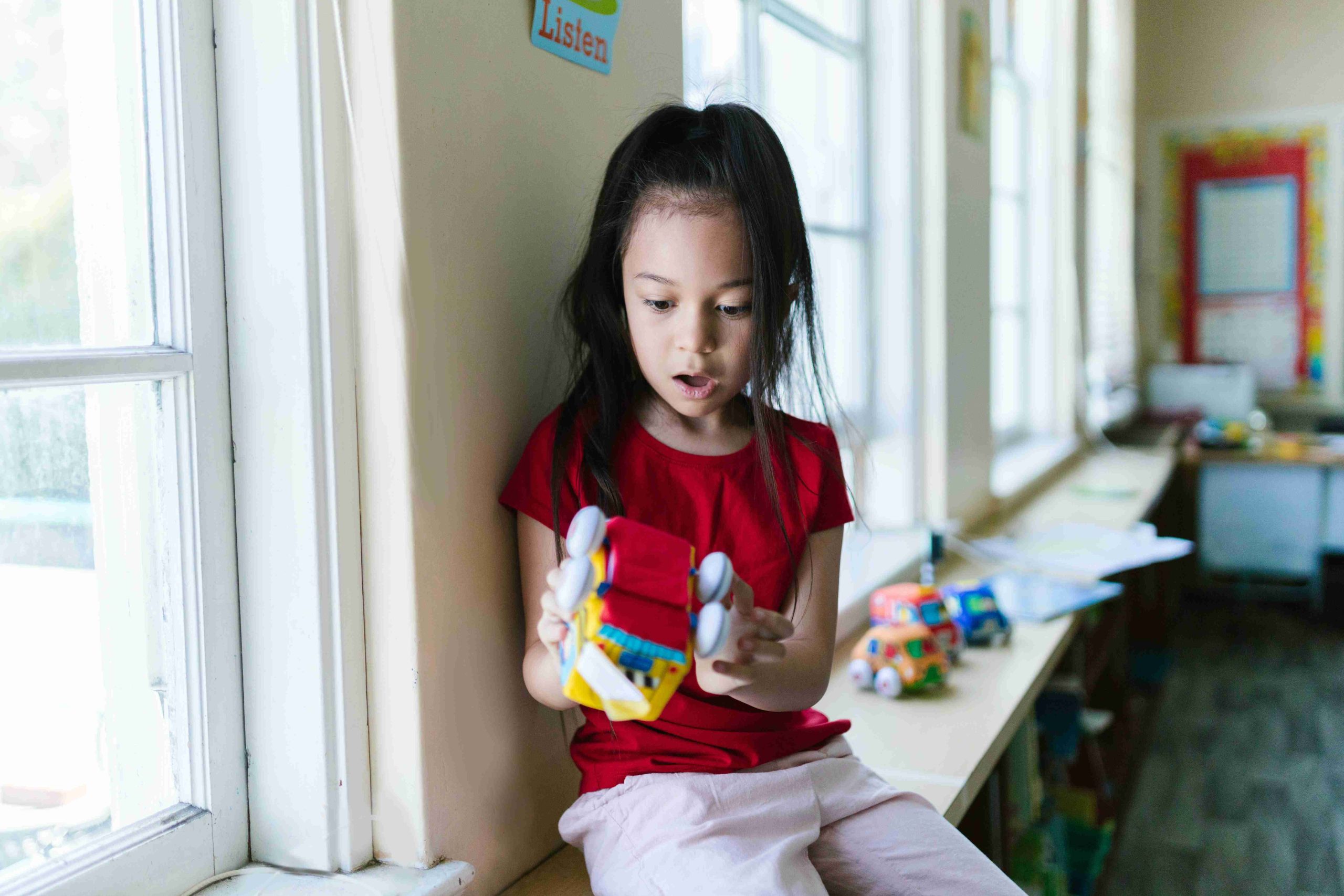
How To Choose The Best Preschool For Your Child’s Social-Emotional Development
Choosing a preschool for your child can be daunting. As a parent, you want the best education and care. One crucial factor is social-emotional development. These skills are vital for later life success. This article discusses how to choose based on five key criteria.
Criterion 1: A Supportive Learning Environment
A supportive environment is vital. Preschoolers thrive when they feel safe to explore and learn. Look for a facility prioritizing a nurturing atmosphere, encouraging expression, respect, cooperation, and collaboration.
Criterion 2: A Curriculum that Fosters Social and Emotional Development
The curriculum is crucial. Choose a preschool offering activities promoting teamwork, relationship building, emotional expression, and problem-solving. Look for empathy, compassion, and self-regulation teachings.
Criterion 3: A Well-Trained and Experienced Teaching Staff
Quality teaching is key. Experienced staff with child development knowledge and communication skills create positive environments. They implement effective social-emotional learning strategies.
Criterion 4: A Safe and Secure Environment
Prioritize safety. Choose preschools with proper safety protocols, including secure entry, supervision, and emergency procedures.
Criterion 5: Parental Involvement and Communication
Parent involvement matters. Look for preschools fostering parent-teacher partnerships through conferences, education events, and open communication.
Why Social-Emotional Development Matters in Preschool
Social-emotional skills are vital in preschool. They form the basis for lifelong success, including emotional management, relationship building, empathy, and compassion.
The Importance of a Supportive Learning Environment
A supportive environment is essential. It encourages exploration, positive relationships, and self-expression, fostering critical social-emotional skills.
The Role of Curriculum in Social-Emotional Development
A curriculum emphasizing social-emotional learning is crucial. It should include activities promoting cooperation, communication, empathy, and problem-solving.
The Importance of a Well-Trained and Experienced Teaching Staff
Quality teaching supports social-emotional growth. Experienced staff create positive environments and implement effective learning strategies.
Parental Involvement and Communication
Parent involvement is crucial. Preschools should encourage communication and partnership through regular meetings and open-door policies.
Choosing the right preschool involves research and consideration. Prioritizing social-emotional development sets children up for success.
Creating a Supportive Learning Environment for Social-Emotional Development
A supportive environment fosters healthy relationships and encourages exploration. Look for nurturing teachers and warm, inviting classrooms.
The Importance of a Curriculum That Promotes Social-Emotional Learning
Social-emotional learning is vital. Choose a curriculum that includes activities fostering emotional management, empathy, and problem-solving.


